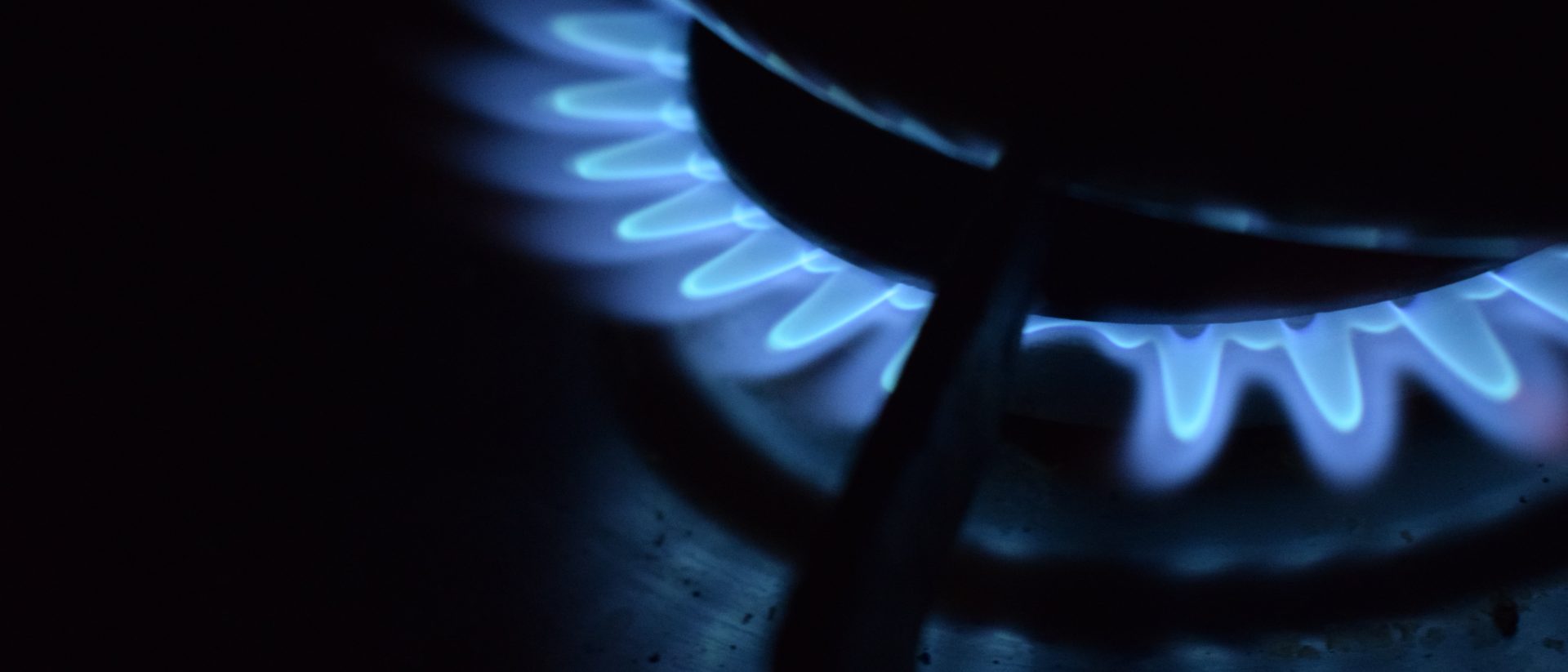- REA says that the package will ease some upfront costs to consumers and support energy suppliers, but that the measures won’t cover the expected bill increases and will store up problems for the future.
- Government announcement comes after Ofgem raises price cap by nearly £700 a year;
- REA warns that, unless dependency on fossil fuels is reduced, people will continue to suffer rising energy bills.
The Association for Renewable Energy and Clean Technology (REA) has said that the Government’s newly announced support measures will ease some upfront costs to consumers and support energy providers, but the policy alone will not cover the expected energy bill increases.
They also warn that, unless dependency on fossil fuels is reduced, people will continue to suffer from volatile energy bills in the future.
The Government has said that they will introduce a loan scheme and an expansion of the Warm Homes Discount, both measures advocated by the REA. However, on their own, the measures, even when combined with the council tax rebate, will cover just half of the price cap rise.
The Government’s announcement comes after Ofgem raised the price cap to £1,971, a rise of £693 in England, Wales and Scotland from April. A further increase of £400 is expected to come in the winter after the next cap is set in six months’ time.
Last month, the REA published a six-point plan to tackle the energy crisis. The plan included measures to mitigate energy bills rises by: moving ‘green’ levies into general taxation; suspend VAT on energy bills for a year; expand the eligibility and increase the value of the Warm Homes Discount; and introduce a Commercial Loan Scheme.
However, in parallel, the REA strongly urged the Government to provide catalysts to improve the insulation of homes and to drive up the installation of domestic renewables and clean technology to reduce the threat of volatile gas prices. This can be done by establishing an effective insulation scheme by Spring 2022 to ensure all houses be EPC rating C at least by 2024/25, and to remove VAT on domestic renewables and clean technology.
The REA has also reiterated the need to accelerate the wider energy transition to remove volatile gas prices from bills. The procurement of new renewables capacity via six monthly CfD auctions and a three year rolling time frame of future auction dates and allocated budget, starting in summer 2022, is one such policy the REA have long advocated for.
Dr Nina Skorupska CBE, Chief Executive of the Association for Renewable Energy and Clean Technology (REA), said:
“The Government’s package of measures will bring an element of respite to both households and energy suppliers, and covers some of the measures we have been calling for.
“However, these policies alone will not cover the expected energy bill increases and don’t address a fundamental reality – as long as households are at the mercy of volatile fossil fuel prices, we will continue to see people struggle to pay the bills.
“That is why the Government must address the scale of the problem by providing catalysts to improve the insulation of homes and to drive up the installation of domestic renewables and clean technology.
“If the Government does not accelerate the energy transition, the cost of living crisis will get more severe, and harder and more expensive to fix.”
The REA’s six point plan is as follows:
- Move ‘green’ levies into general taxation – this must be ring fenced at an equivalent value;
- Suspend VAT on energy bills for a year – mitigating against rising energy bills;
- Expand eligibility and increase value of Warm Homes Discount – ensuring additional support for those who need it;
- Remove VAT on all domestic renewable and clean technology – help households move away from fossil fuels;
- Establish an effective home insulation scheme by Spring 2022 – ensure all houses to be EPC rating C at a minimum, where technically feasible, by 2024/25;
- Introduce Commercial Loan Scheme – support energy suppliers to manage elevated wholesale gas prices and protect customers from additional costs.
—ENDS—
For more information or to request an interview, please contact:
Jack Abbott, PR and Communications Manager,
07862 038370/ [email protected]
Notes to editors
In order to reduce volatile gas prices, the UK needs to reduce the reliance on fossil fuel gas. This can be done most quickly, cheaply and in line with Net Zero targets by procuring new renewables capacity via six monthly CfD auctions and a three year rolling time frame of future auction dates and allocated budget, starting in summer 2022.
About the Association for Renewable Energy and Clean Technology (REA):
The Association for Renewable Energy and Clean Technology (known as the REA) is the UK’s largest trade association for renewable energy and clean technologies with around 550 members operating across heat, transport, power and the circular economy. The REA is a not-for-profit organisation representing fourteen sectors, ranging from biogas and renewable fuels to solar and electric vehicle charging. Membership ranges from major multinationals to sole traders. For more information, visit: www.r-e-a.net

